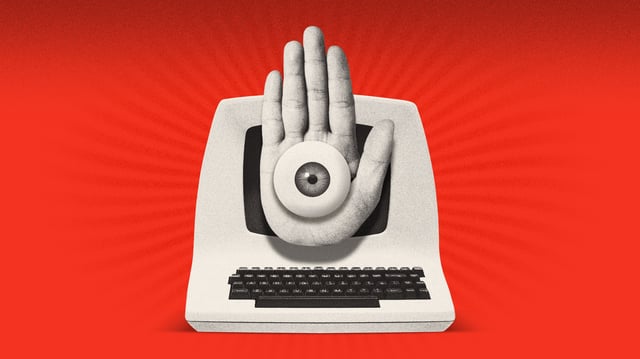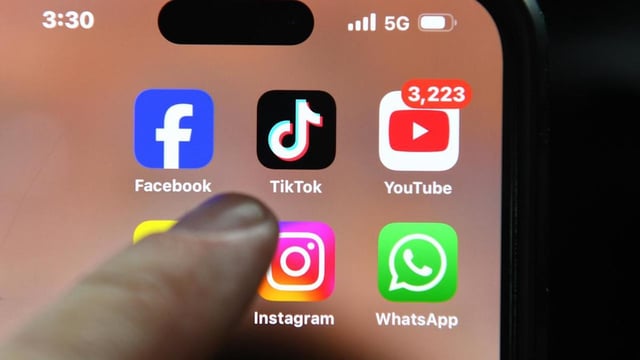Overview
- The government says the ban will be enforced from December 10 and cites a trial claiming age checks can be implemented privately, efficiently and effectively.
- Communications Minister Anika Wells dismissed privacy alarms as a misinformation campaign, even as critics highlight gaps in safety and reliability.
- The trial documented accuracy limits, including an 8.5% false rejection rate for some 16-year-olds and known bias affecting darker skin tones and certain gender presentations.
- Findings also noted some providers retain full biometric or document data for all users, raising concerns about mass data harvesting and irreversible exposure of identifiers.
- Researchers warn verification could cut off or endanger vulnerable users who rely on pseudonyms or differing name records, while international experience shows users often circumvent checks or shift to less regulated platforms.



